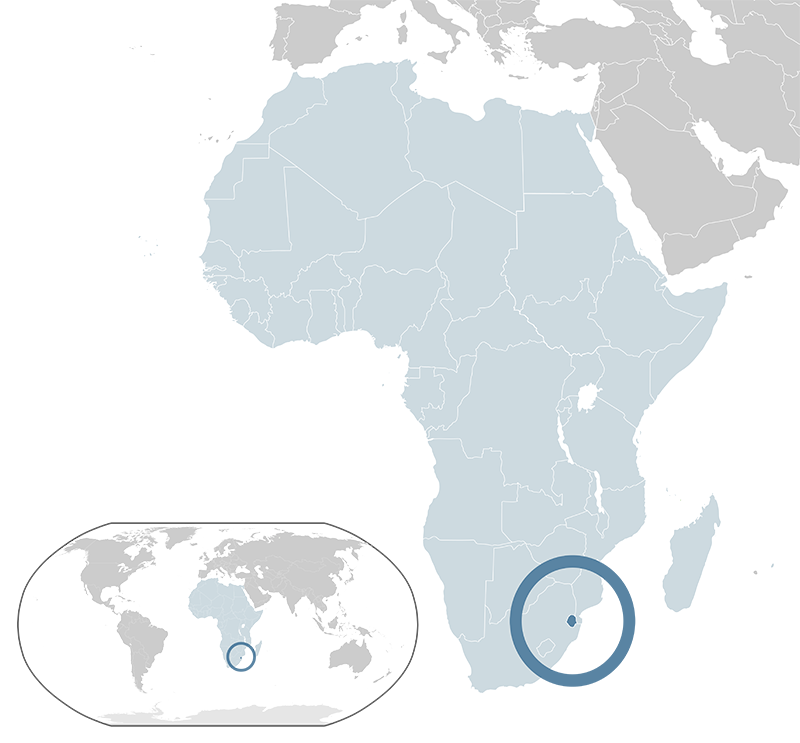
- Population:
- 1,243,000
- Religion:
- Christianity
Eswatini, formerly Swaziland, was ruled by indigenous Swazi kings before becoming a British protectorate in the 19th century. It gained independence in 1968 and remains one of the few absolute monarchies in the world. The country has focused on economic development while preserving its cultural heritage.
Eswatini, officially the Kingdom of Eswatini and formerly known as Swaziland, is a landlocked country in Southern Africa. It is bordered by Mozambique to the northeast and South Africa to the west, south, and southeast. With an area of approximately 17,364 square kilometers, Eswatini is one of the smallest countries in Africa. As of 2023, it has a population of about 1.2 million people. The administrative capital is Mbabane, while the legislative and royal capital is Lobamba. The official languages are Swazi (siSwati) and English. Eswatini is an absolute monarchy, with King Mswati III serving as the head of state since 1986. The economy is diversified, with key sectors including agriculture, manufacturing, and services. Eswatini is a member of the Southern African Development Community (SADC), the African Union, and the Commonwealth of Nations. The country faces challenges such as high rates of HIV/AIDS but has made strides in improving healthcare and education.

